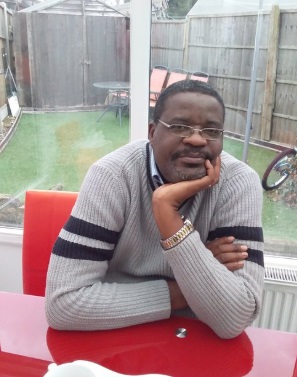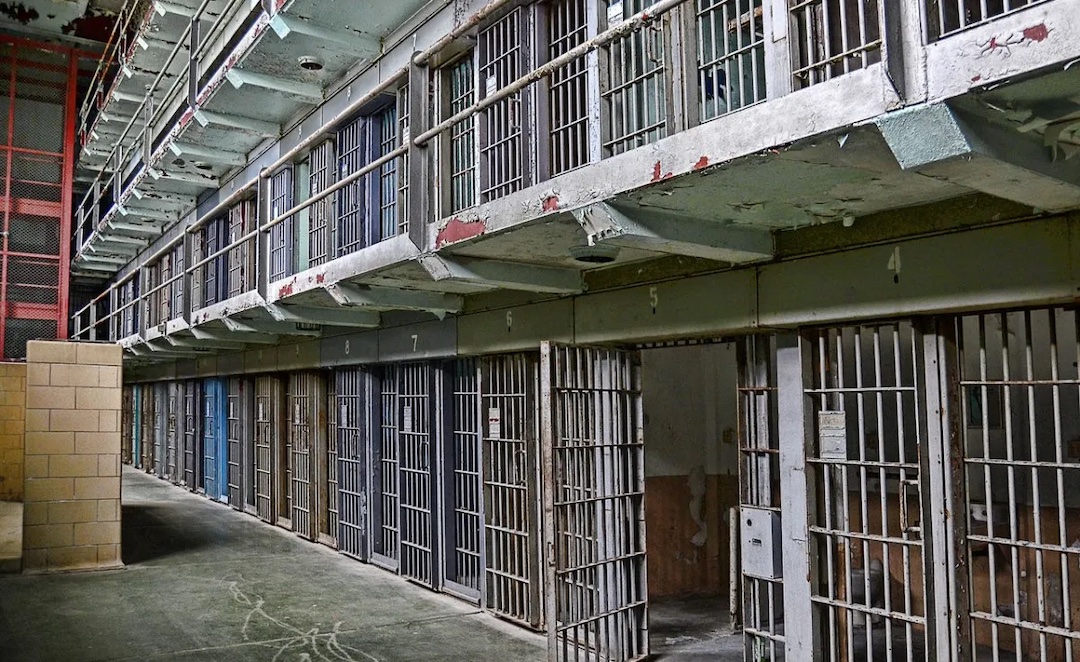Eedris Abdulkarim is no stranger to speaking truth to power. Two decades ago, in 2004, he etched his name in Nigeria’s political consciousness with the release of Jaga Jaga, a brutally honest critique of Nigeria’s political corruption, economic mismanagement, and social decay under the Obasanjo administration. That track, like many of the great protest anthems across the globe, stirred the conscience of a nation, particularly among the young and dispossessed. Now, in 2025, he has returned with another gut-punch of a track: Seyi, Tell Your Papa, a song that calls out the complicity of the ruling elite, this time focusing on the Tinubu presidency. The song speaks to the deepening despair and hopelessness of our citizens.
Predictably, and unfathomable as Gosteleradio, the Stalinist censorship board, the Nigerian Broadcasting Commission (NBC) has banned the song from the airwaves, citing vague infractions and violating the tenets of its regulatory code. In doing so, the NBC has once again proved itself a willing and willful instrument in the silencing of dissent and the criminalisation of conscience. This ban is not merely about a song; it is a symbolic gag order on our citizens and a disturbing reflection of Tinubu’s growing intolerance for criticism.
Creative artists, particularly performing musicians, have always held the mirror to society. From the folk singers of the American civil rights movement to the reggae crooners of the Caribbean, creative voices have spoken on behalf of those whose tongues have been tied by poverty, oppression, and fear. The great Fela Anikulapo-Kuti built his life and career around this calling. He sang not just to entertain but to agitate, to mobilise, and to awaken. Eedris stands firmly in this tradition. When Jaga Jaga was banned by the Obasanjo government, it was not because it lacked artistic merit but because it struck too close to home. The current regime, in banning “Seyi, Tell Your Papa”, confirms the same insecurity: that authoritarian governments are most terrified of the truth when it appears in an artistic medium. Artists articulate what the streets are whispering. They name what society seeks to avoid. They give rhythm and rhyme to outrage, to hope, and to resistance. When governments suppress these voices, they do not just censor art, they attempt to suffocate the soul of the people. The use of state apparatus to silence artistic expression is neither novel nor peculiar to our country. Across the world and throughout history, authoritarian regimes have deployed censorship as a means of control.
Take Pol Pot’s Khmer Rouge regime in Cambodia, where intellectuals, artists, and musicians were systematically hunted down and executed. Art was considered a bourgeois indulgence, and anything that carried the possibility of dissent was extinguished. Even wearing glasses, an assumed sign of literacy, could get one killed. In Stalin’s Soviet Union, composers like Dmitri Shostakovich lived in perpetual fear of censorship or outright disappearance. His works were vetted for ideological loyalty. Creativity was shackled to the service of the state. When art must flatter authority to survive, it ceases to be art and becomes propaganda. In more recent times, China under Xi Jinping has weaponised censorship to muzzle dissenting voices. Artists, like Ai Weiwei, who challenge the state are placed under surveillance, detained, or exiled. The government dictates what may be said, seen, and sung. Similarly, in Iran, artists, like filmmaker Jafar Panahi, have faced arrests and bans for daring to explore themes the state deems subversive. Nearer home, Ugandan musician and politician, Bobi Wine, has faced beatings, arrests, and censorship for using his music to challenge the authoritarian rule of President Yoweri Museveni. His songs, filled with protest and demands for justice, have become rallying cries for a generation.
That a country that produced Fela, Chinua Achebe, Soyinka, and other artists of conscience, would ban a song for expressing dissatisfaction with governance speaks volumes of our democratic decline. That a regulatory agency meant to protect the public interest would instead wield its powers to shield the powerful is indicative of the cowardice and desperation of those in office. The ban of Eedris’ song does not make the message disappear. If anything, it amplifies it. In the age of social media, where platforms like YouTube, TikTok, and Spotify are more influential than traditional radio, bans only heighten curiosity and spread the message further. The attempt to suppress the song, “Seyi, Tell Your Papa”, only confirms the truth of its message: that those in power are out of touch with the sufferings of the people and afraid of being held accountable.
The Nigerian Broadcasting Commission often claims to be politically neutral, committed to professional standards, and duty-bound to uphold national unity. Yet, its actions consistently betray this posture. It is swift to ban songs that criticize the government but slow to act on hate speech from political officeholders. It is eager to impose fines on stations for airing dissenting views but blind to propaganda masquerading as news. This selective morality undermines public trust and corrodes the foundational ideals of democracy. A truly independent regulatory body should understand that protecting freedom of expression is not optional; it is constitutional.
Can a country be afraid of itself? Should a government be afraid of songs? The ready answer is yes. A country can be afraid of itself when its leaders are unwilling to confront the realities their citizens live through and instead choose to silence those who dare to speak of them. A government becomes afraid of songs when it mistakes truthtelling for treason and songs for menace. Songs distill the mood of a people, often more powerfully than political speeches or policy papers. When those in power fear songs, it is not the lyrics they dread, but the collective voice of a population finding resonance, unity, and courage through art. In fearing songs, the state reveals its insecurity and betrays its disconnection from the very people it claims to govern. Eedris Abdulkarim’s song is a cry from the heart of a bleeding country. It is a lamentation born not of bitterness but of a yearning for a better country. To ban it is not just to silence a musician, it is to deny the reality of hunger, joblessness, insecurity and hopelessness that citizens face daily.
Governments come and go. But art endures. The state may ban the song, but it cannot ban the message. It may censor the radio, but it cannot mute the people. And so, even in silence, the chords of conscience will continue to play, and the voices of the people will find expressions in new rhythms, new platforms, and new anthems of resistance.
History teaches us one thing: when the song becomes dangerous, it means the singer has struck a nerve. And when governments fear songs, it is not the artist that is weak, it is the state. The time has come for our citizens to rise in defence of artistic freedom. Today, it is Eedris. Tomorrow, it could be a filmmaker, a visual artist, a theatre troupe, or a performance poet. Oppression, once normalised, becomes culture.





